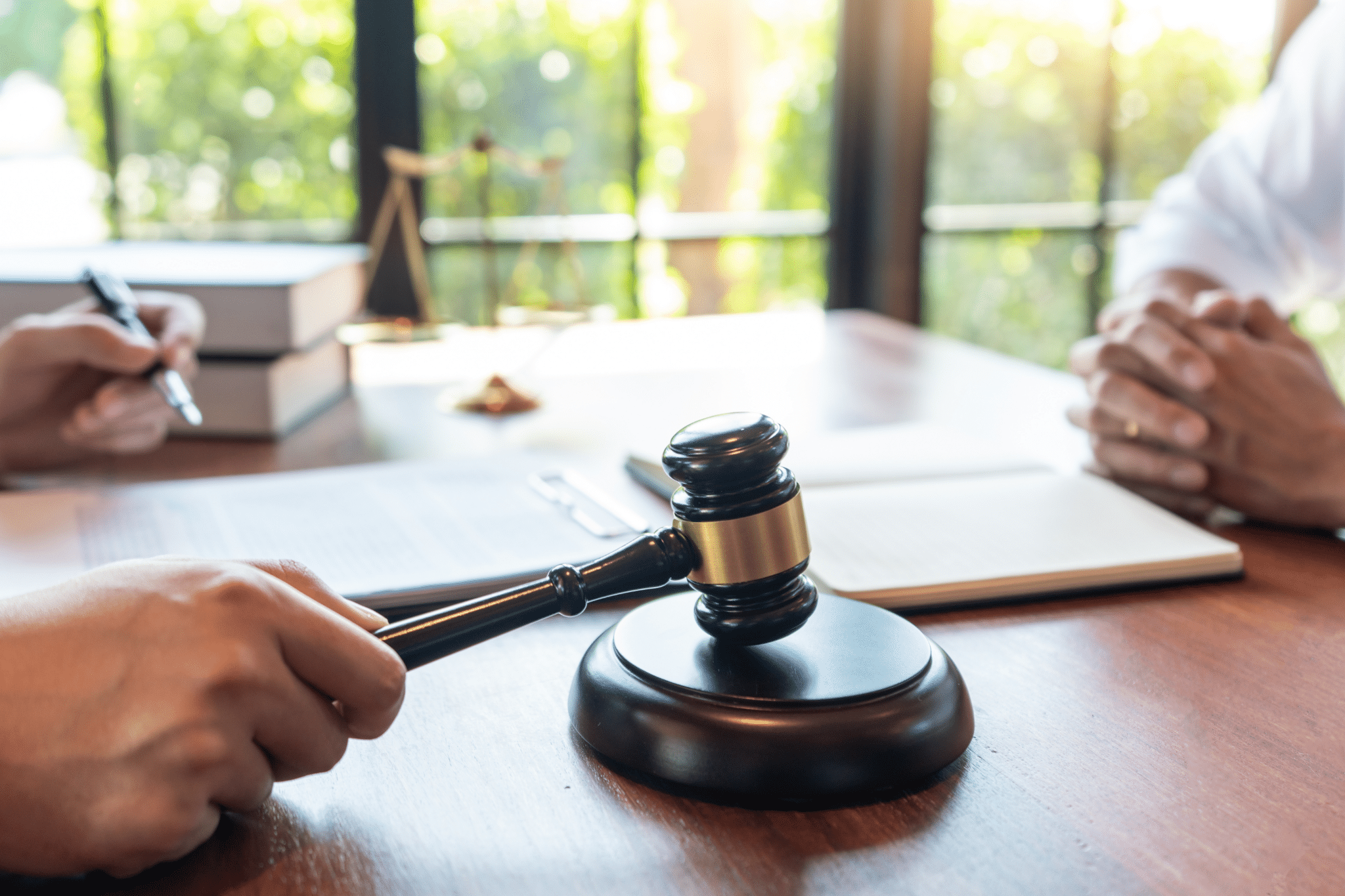Challenging Evidence in Cocaine Possession Cases in IL
Cocaine possession cases in Illinois can be complex legal battles, requiring a strategic and knowledgeable approach to challenge the evidence presented by the prosecution. This blog post will delve into the technical aspects of challenging evidence in such cases, exploring legal loopholes, forensic challenges, and various strategies to cast doubt on the prosecution’s case.
Building a solid defense is paramount, and the assistance of an experienced criminal defense lawyer can be the key to navigating the intricacies of the legal system.
Legal Loopholes and Constitutional Rights
One avenue for challenging evidence in cocaine possession cases revolves around constitutional rights and potential legal loopholes. The Fourth Amendment protects individuals from unreasonable searches and seizures, requiring law enforcement to obtain a warrant based on probable cause. If the evidence was gathered without a proper warrant or faulty warrant, it could be grounds for suppressing the evidence in court.
Furthermore, the exclusionary rule dictates that evidence obtained illegally or in violation of constitutional rights is inadmissible in court. A skilled criminal defense lawyer will thoroughly examine the circumstances of the search and seizure, looking for any constitutional violations that could weaken the prosecution’s case.
Chain of Custody Challenges
Another technical aspect to scrutinize is the chain of custody of the alleged cocaine evidence. Establishing an unbroken chain of custody is crucial in maintaining the integrity of the evidence. If there are gaps or inconsistencies in the documentation of how the evidence was handled, stored, and transferred from one party to another, it can be a powerful point of challenge.
A meticulous defense attorney will demand detailed records, questioning the reliability of the evidence presented. Any mishandling or tampering with the evidence can create reasonable doubt about its authenticity, potentially leading to the exclusion of crucial exhibits.
Forensic Challenges
Forensic evidence often plays a pivotal role in cocaine possession cases. Analyzing the forensic aspects of the evidence can open up additional avenues for challenging the prosecution’s case. One common challenge involves the accuracy of drug testing methods.
Defendants have the right to question the reliability of drug testing procedures used by law enforcement. False positives, contamination, or errors in the testing process can all be potential points of challenge. An experienced criminal defense lawyer may collaborate with forensic experts to review the testing methods employed, raising doubts about the accuracy and credibility of the results presented by the prosecution.
Mistaken Identity and Lack of Knowledge
Challenging evidence in cocaine possession cases also involves questioning the identification of the alleged substance and establishing the defendant’s knowledge of its presence. A defense strategy may include arguing that the accused was unaware of the substance’s presence or that there was a case of mistaken identity.
Law enforcement officers must establish a clear connection between the defendant and the cocaine in question. If there is any ambiguity or lack of direct evidence linking the accused to the substance, a skilled defense attorney can exploit these gaps to cast doubt on the prosecution’s case.

Constructing a Strong Defense
Building a solid defense in cocaine possession cases requires a comprehensive approach encompassing legal, procedural, and forensic aspects. An experienced criminal defense lawyer is invaluable in crafting an effective strategy to challenge evidence and secure the best possible outcome for the defendant.
Early Case Assessment
One crucial element of a strong defense is conducting an early and thorough assessment of the case. A skilled attorney will review all available evidence, including police reports, witness statements, and forensic findings. This assessment helps identify potential weaknesses in the prosecution’s case and lays the foundation for a strategic defense.
Legal Expertise and Case Law
Understanding the legal landscape and relevant case law is paramount in challenging evidence effectively. A seasoned criminal defense lawyer will leverage their knowledge of legal precedents and statutes to construct compelling arguments that challenge the admissibility and reliability of the evidence against their client.
Negotiation Skills
In some cases, negotiating with the prosecution can lead to favorable outcomes for the defendant. A skilled criminal defense attorney may be able to secure reduced charges or alternative sentencing options through negotiations. This approach requires a deep understanding of the legal system and practical communication skills to navigate discussions with opposing counsel.
Expert Witnesses
Engaging expert witnesses can be a powerful strategy in challenging forensic evidence. An experienced defense attorney may collaborate with experts in drug testing, forensics, or other relevant fields to provide testimony that casts doubt on the accuracy and reliability of the prosecution’s evidence.

Defending Against Cocaine Possession Charges in IL
Challenging evidence in cocaine possession cases in Illinois demands a multifaceted approach that explores legal loopholes, questions the chain of custody, and challenges forensic findings. Building a strong defense is a collaborative effort between the defendant and an experienced criminal defense lawyer.
By leveraging constitutional rights, forensic challenges, and strategic legal maneuvers, individuals facing cocaine possession charges can increase their chances of a favorable outcome. The intricacies of these cases highlight the importance of seeking professional legal representation to navigate the complexities of the legal system and secure the best possible defense.
About the Author:
Andrew M. Weisberg is a former felony prosecutor who now serves as a defense attorney in the greater Chicago area. He has extensive experience handling all types of criminal cases, from sex offenses and domestic violence to retail theft-related crimes, murder, and drug crimes. His work has been recognized by Avvo, Expertise, National Trial Lawyers, and others, and he has been featured on countless news outlets for his experience and knowledge in criminal law.







 Blog Home
Blog Home 










